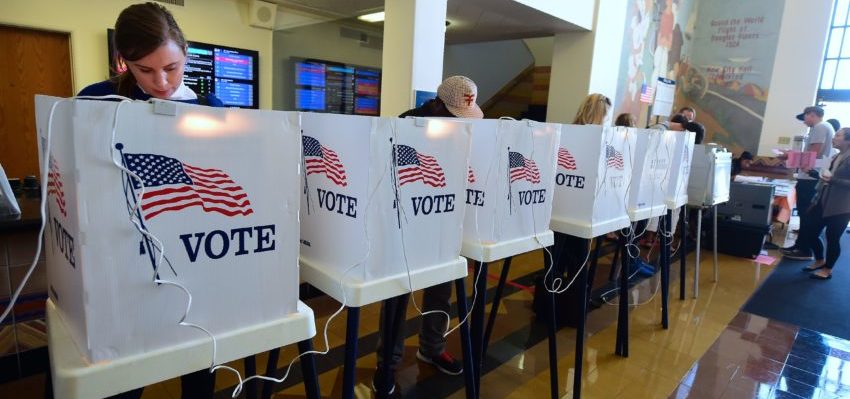
Dan O’Donnell recaps the Spring Election, headlined by a huge win for conservatives in forever banning Zuckerbucks from Wisconsin’s elecitons.
Apr. 3, 2024
Perspective by Dan O’Donnell
Wisconsin voters spoke loudly and clearly Tuesday, striking a blow for democracy by forever banishing private money from election administration. Such donations, commonly known as “Zuckerbucks,” led to an utterly lawless 2020 presidential election in Green Bay and the illegal coordination between liberal activists and Milwaukee election officials.
On Tuesday, however, voters approved a pair of constitutional amendments that will prohibit this sort of interference. The first, which bans private election funding, passed in a 54%-46%, 100,000-vote landslide. The second, which reaffirms that only election officials (not liberal activists hired with private donations) can administer elections, passed with an even greater margin—59%-41% and nearly 200,000 total votes.
The most likely reason for the nearly 100,000-vote discrepancy between the two was the confusing wording of the first ballot question, which prompted many voters to believe that voting “no” would have banned private funds. Despite that, the fate of Zuckerbucks in Wisconsin was never really in doubt.
Conservatives should also see the presidential primary results as a victory. Both party’s nominations have long since been decided, of course, but analysis of total votes cast in each is often instructive.
President Biden did receive more votes than former President Trump, but 24,000 more people voted in the Republican primary than in the Democratic primary and there were five Republicans on the ballot compared to just two (including the incumbent president) Democrats. This meant that the Republican vote would naturally be more spread out than the Democratic vote, but the Republican edge in total votes cast may prove instructive.
The last two times Trump was on the ballot in Wisconsin—in 2016 and 2020—the party that received more votes in the primary won the state in the general election. When both parties had contested primaries in 2016, Republicans cast 103,000 more total votes than Democrats and Trump went on to beat Hillary Clinton in the general election. Four years later, Democrats technically had a contested election (Bernie Sanders dropped out of the race immediately after Wisconsin’s primary) and Democrats cast 325,000 more votes than Republicans. That fall, Biden beat Trump in the state’s general election.
The predictive value of primary vote totals is admittedly limited, but it remains clear that Biden has a major problem with his base voters. 47,000 Democrats in Wisconsin voted for an “uninstructed delegation” as part of a national effort by pro-Palestinian demonstrators to register their displeasure with Biden’s Israel policy. This, combined with similar votes in Minnesota and Michigan, could portend trouble shoring up the base come November, especially with a popular third-party candidate, Robert F. Kennedy, Jr. running an explicitly anti-war campaign.
Conservatives also won major victories in Wausau, where conservative challenger Doug Diny defeated liberal incumbent Katie Rosenberg in a city Biden won by 8% over Trump in 2020, and in Waukesha, where incumbent school board members Kelly Piacsek and Anthony Zeonobia and newcomer Eric Brooks handily beat two liberals who received an astronomical $45,000 in funding from the Democratic Party of Wisconsin.
The impact of massive Democrat spending was also felt in Kenosha, where $136,000 propelled liberal incumbents to victory, and remains perhaps the biggest challenge for Republicans as the general election now begins in earnest. Even though they can no longer spend money to buy control over elections in Wisconsin, out-of-state Democrats will for a fifth straight campaign massively outspend Republicans.
School spending also won resounding victories across the state on Tuesday, as voters approved all but one referendum on the ballot. This included a whopping $252 million for the worst-performing school district in the state, Milwaukee Public Schools, even after MPS received $772 million in federal COVID-19 relief over the past four years (money it is still receiving until September 30th) and after voters approved an $87 million referendum in 2020.
Despite this, conservatives won the most important battle of the Spring Election: Getting outside liberal money and activist hacks out of Wisconsin’s elections. For that, they should feel exceptionally proud…and motivated for more wins this November.